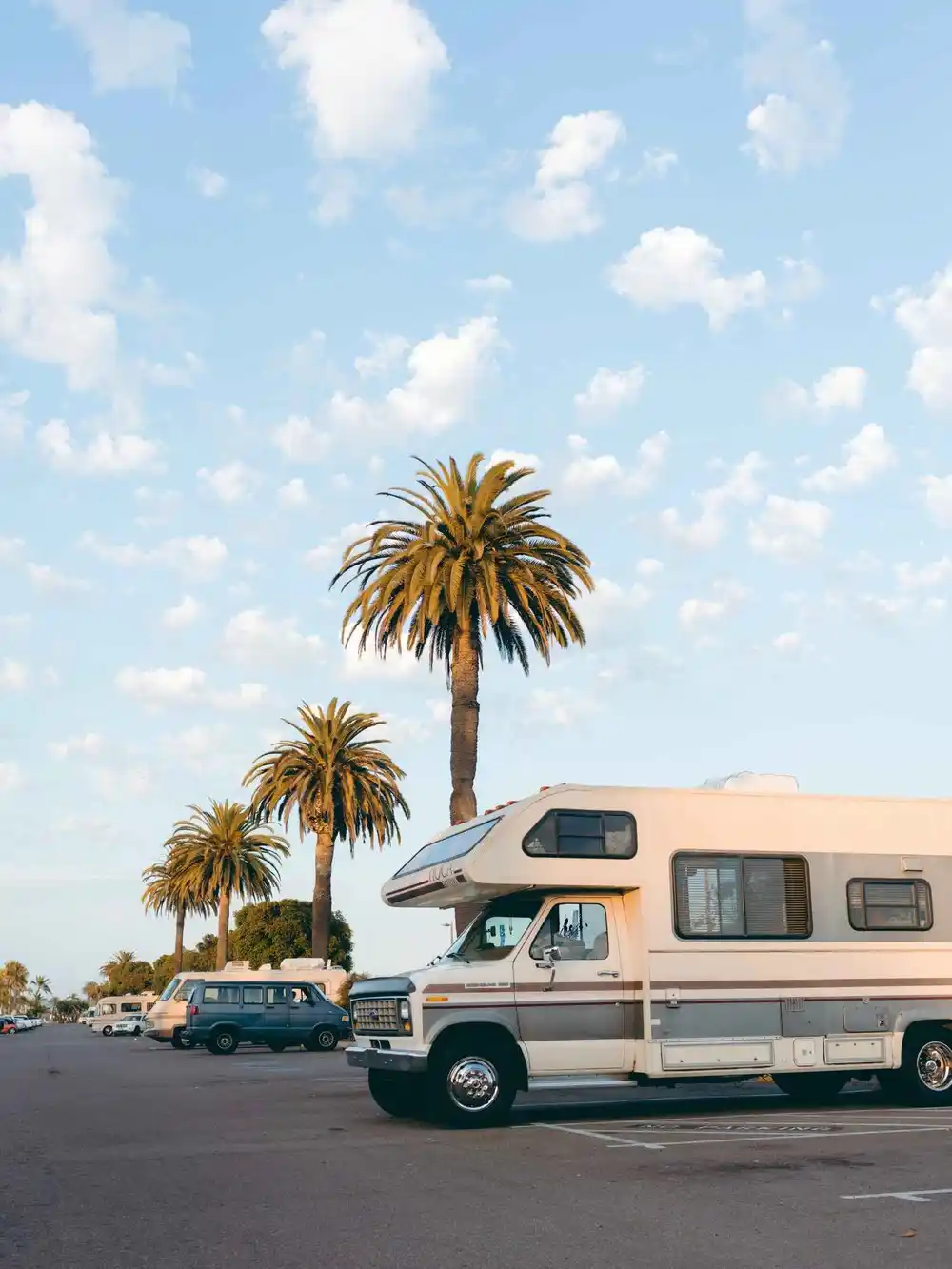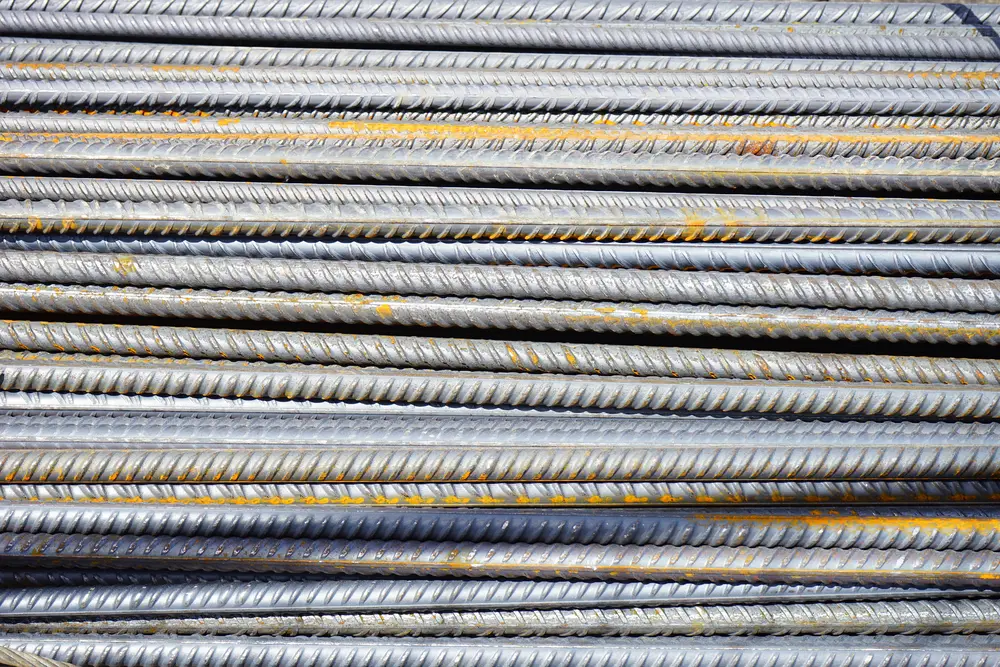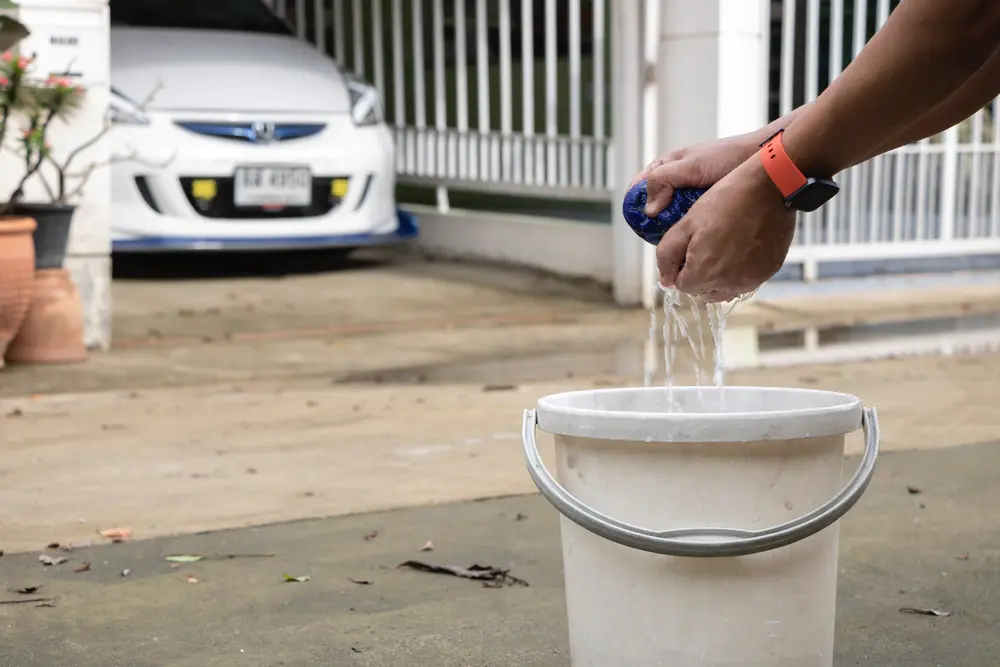If you are dreaming of hitting the road in an RV, you might be wondering how much it will cost you. Buying an RV is a big investment, and there are many factors that affect the price. In this article, we will explain how much an RV costs, what factors influence the price, and how to budget for RV ownership. We will also share some tips on how to save money on your RV purchase and maintenance.
Key Takeaways
- The average price of a new RV ranges from $6,000 to $500,000, depending on the type, size, features, and quality of the RV.
- The average price of a used RV ranges from $5,000 to $300,000, depending on the age, condition, mileage, and depreciation of the RV.
- The main factors that affect the price of an RV are the type, size, features, quality, brand, demand, supply, and location of the RV.https://www.rvtrader.com/
- The main costs of owning an RV are financing, insurance, registration, taxes, maintenance, repairs, fuel, campground fees, and storage fees.
- You can save money on your RV purchase by doing research, comparing prices, negotiating, buying used or off-season, and choosing a smaller or simpler RV.
- You can save money on your RV ownership by doing preventive maintenance, shopping around for insurance and financing, joining clubs and memberships, boondocking or dry camping, and winterizing your RV.
How Much Does a New RV Cost?
The cost of a new RV can vary widely depending on the type of RV you want. There are two main categories of RVs: towable and motorized. Towable RVs are trailers that are pulled by another vehicle. Motorized RVs are vehicles that have their own engine and driving system.
Towable RVs
Towable RVs are generally cheaper than motorized RVs because they do not have an engine or a chassis. However, you will need a suitable tow vehicle to pull them. The cost of a towable RV depends on the size, weight, features, and quality of the trailer. Here are some common types of towable RVs and their average prices:
- Folding camping trailers (pop-up trailers): These are small and lightweight trailers that can be folded down for easy towing and storage. They have canvas walls that can be expanded to create more living space. They usually have basic amenities such as beds, dinettes, sinks, stoves, and sometimes toilets. They can sleep up to eight people. The average price of a new folding camping trailer is $6,000 to $22,000¹.
- Truck campers: These are units that fit in the bed of a pickup truck. They have a cab-over design that extends over the roof of the truck. They usually have amenities such as beds, dinettes, kitchens, bathrooms, and sometimes slide-outs. They can sleep up to four people. The average price of a new truck camper is $6,000 to $55,000¹.
- Conventional travel trailers: These are the most common and versatile type of towable RVs. They come in various sizes, shapes, and floor plans. They usually have amenities such as beds, sofas, dinette s, kitchens, bathrooms, and sometimes slide-outs or bunk beds. They can sleep up to 10 people. The average price of a new conventional travel trailer is $8,000 to $95,000¹.
- Fifth wheel trailers: These are large and luxurious trailers that attach to a special hitch in the bed of a truck. They have a distinctive front overhang that creates more living space in the bedroom or living room area. They usually have amenities such as beds, sofas, dinette s, kitchens, bathrooms, and multiple slide-outs or bunk beds. They can sleep up to 10 people. The average price of a new fifth wheel trailer is $18 ,000 to $160 ,000¹.
- Toy haulers: These are trailers that have a garage area in the back for storing motorcycles, ATVs, bicycles, or other recreational vehicles. They usually have amenities such as beds, sofas, dinette s, kitchens, bathrooms, and sometimes slide-outs or bunk beds. They can sleep up to 10 people. The average price of a new toy hauler is $10 ,000 to $170 ,000¹.
Motorized RVs
Motorized RVs are more expensive than towable RVs because they have an engine, a chassis, and a driving system. They also have higher maintenance and fuel costs. The cost of a motorized RV depends on the size, features, and quality of the vehicle. Here are some common types of motorized RVs and their average prices:
- Class B motorhomes (camper vans): These are the smallest and most maneuverable type of motorized RVs. They are built on a van chassis and have a raised roof for more headroom. They usually have basic amenities such as beds, kitchens, and sometimes bathrooms. They can sleep up to four people. The average price of a new class B motorhome is $60,000 to $150,000¹.
- Class C motorhomes: These are medium-sized motorhomes that are built on a truck or van chassis. They have a cab-over design that creates more sleeping space in the front. They usually have amenities such as beds, sofas, dinettes, kitchens, bathrooms, and sometimes slide-outs or bunk beds. They can sleep up to eight people. The average price of a new class C motorhome is $60,000 to $150,000¹.
- Class A motorhomes: These are the largest and most luxurious type of motorized RVs. They are built on a bus or truck chassis and have a flat front. They usually have amenities such as beds, sofas, dinettes, kitchens, bathrooms, and multiple slide-outs or bunk beds. They can sleep up to 10 people. The average price of a new class A motorhome is $60 ,000 to $500 ,000¹.
How Much Does a Used RV Cost?
The cost of a used RV can be significantly lower than the cost of a new RV. However, you will need to consider the age, condition, mileage, and depreciation of the RV. You will also need to inspect the RV for any damages, leaks, rust, mold, or mechanical issues. You may need to spend some money on repairs or upgrades before you can use the RV.
The average price of a used RV ranges from $5 ,000 to $300 ,000², depending on the type of RV and the factors mentioned above. Here are some examples of used RV prices based on data from RV Trader³:
- A 2010 folding camping trailer in good condition with basic features costs around $5 ,000.
- A 2015 truck camper in excellent condition with full features costs around $25 ,000.
- A 2018 conventional travel trailer in like-new condition with luxury features costs around $35 ,000.
- A 2016 fifth wheel trailer in very good condition with premium features costs around $55 ,000.
- A 2017 toy hauler in great condition with deluxe features costs around $65 ,000.
- A 2014 class B motorhome in fair condition with standard features costs around $45 ,000.
- A 2013 class C motorhome in good condition with full features costs around $55 ,000.
- A 2012 class A motorhome in very good condition with luxury features costs around $125 ,000.
What Factors Affect the Price of an RV?
The price of an RV is influenced by many factors, such as:
- The type of RV: As we have seen above, different types of RVs have different price ranges based on their size, weight, features, and quality.
- The size of the RV: Larger RVs tend to be more expensive than smaller RVs because they have more living space, more amenities, and more materials.
- The features of the RV: More features mean more comfort, convenience, and functionality, but also more cost. Some examples of features that can affect the price of an RV are slide-outs, bunk beds, fireplaces, entertainment systems, solar panels, generators, and leveling systems.
- The quality of the RV: Higher quality RVs tend to be more expensive than lower quality RVs because they have better materials, craftsmanship, design, and durability.
- The brand of the RV: Some brands are more reputable and popular than others, and they may charge more for their products based on their reputation, quality, and customer service.
- The demand and supply of the RV: The price of an RV can fluctuate depending on the market conditions. If there is high demand and low supply for a certain type of RV, the price will go up. If there is low demand and high supply for a certain type of RV, the price will go down.
- The location of the RV: The price of an RV can vary depending on where you buy it or sell it. Some regions may have higher or lower prices based on the availability, competition, taxes, and fees in that area.
How to Budget for RV Ownership?
Buying an RV is not the only cost you need to consider when you want to own an RV. There are also other costs that you need to budget for when you own an RV, such as:
- Financing: If you are borrowing money to buy an RV, you will need to pay interest and fees on your loan. The amount of your monthly payment will depend on the loan amount, interest rate, term, and down payment. You can use an online calculator to estimate your monthly payment based on different scenarios.
- Insurance: You will need to insure your RV against damage, theft, liability, and other risks. The cost of RV insurance will depend on the type, value, age, and usage of your RV, as well as your driving record, location, and coverage options. You can compare quotes from different insurers online to find the best deal for your RV.
- Registration: You will need to register your RV with your state or province and pay the required fees and taxes. The cost of RV registration will vary depending on the type, weight, and value of your RV, as well as your location and frequency of use. You can check with your local DMV or equivalent agency to find out the specific requirements and costs for your RV.
- Maintenance: You will need to maintain your RV regularly to keep it in good condition and prevent costly repairs. The cost of RV maintenance will depend on the type, size, and age of your RV, as well as how often and how far you use it. Some common maintenance tasks include checking and changing the oil, fluids, filters, tires, batteries, brakes, lights, and appliances. You can follow the manufacturer’s recommendations or a general maintenance schedule to keep track of what needs to be done and when.
- Repairs: You will need to repair your RV if it breaks down or suffers any damage. The cost of RV repairs will depend on the type, extent, and cause of the damage, as well as the availability and quality of the parts and labor. Some common repairs include fixing leaks, cracks, dents, scratches, electrical issues, plumbing issues, and mechanical issues. You can avoid some repairs by doing preventive maintenance and following safe driving practices.
- Fuel: You will need to fuel your RV whenever you drive it. The cost of fuel will depend on the type, size, and efficiency of your RV, as well as the price and availability of gas or diesel in your area. You can use an online calculator to estimate how much fuel you will need and how much it will cost based on your trip distance and fuel economy.
- Campground fees: You will need to pay for a place to park and stay in your RV overnight. The cost of campground fees will depend on the type, location, and amenities of the campground, as well as the season and demand. You can expect to pay anywhere from $10 to $100 per night for a campground spot. You can use an online directory to find and book campgrounds near your destination.
- Storage fees: You will need to store your RV when you are not using it. The cost of storage fees will depend on the type, size, and location of your RV, as well as the type, security, and features of the storage facility. You can expect to pay anywhere from $30 to $300 per month for RV storage. You can use an online marketplace to find and rent storage space for your RV.
How to Save Money on Your RV Purchase?
Buying an RV is a big decision that requires careful planning and research. Here are some tips on how to save money on your RV purchase:
- Do your research: Before you buy an RV, you should do some research on the different types, sizes, features, and prices of RVs that suit your needs and preferences. You should also check the reviews, ratings, and feedback from other RV owners and experts. You can use online resources such as blogs, forums, videos, and podcasts to learn more about RVs and get advice from experienced RVers.
- Compare prices: Once you have narrowed down your choices, you should compare prices from different sources such as dealerships, private sellers, online platforms, and auctions. You should also factor in any additional costs such as taxes, fees, delivery charges, and warranties. You can use online tools such as price guides, valuators, and negotiators to help you find the best deal for your RV.
- Negotiate: When you are ready to buy an RV, you should try to negotiate with the seller for a lower price or better terms. You should be prepared with facts, figures, and evidence to support your offer. You should also be polite, confident, and flexible in your negotiation. You can use online tips such as these to help you negotiate like a pro.
- Buy used: Buying a used RV can save you a lot of money compared to buying a new RV. However, you should be careful and inspect the RV thoroughly before you buy it. You should also check the history, title, and documents of the RV to make sure it is not stolen, damaged, or liened. You can use online services such as these to help you check the background and condition of the RV.
- Buy off-season: Buying an RV off-season can save you money because the demand and prices are lower. The best time to buy an RV is usually in the fall or winter when the camping season is over and the dealers are trying to clear their inventory. You can also look for end-of-year or clearance sales that offer discounts and incentives on RVs.
- Choose a smaller or simpler RV: Choosing a smaller or simpler RV can save you money because it will cost less to buy, maintain, fuel, and store. You should consider your needs and preferences and decide how much space and features you really need in your RV. You can also look for ways to optimize your space and functionality in your RV by using smart storage solutions and multi-purpose furniture.
How to Save Money on Your RV Ownership?
Owning an RV is not cheap, but there are ways to reduce your expenses and make the most of your investment. Here are some tips on how to save money on your RV ownership:
- Do preventive maintenance: Doing preventive maintenance on your RV can save you money by avoiding costly repairs and extending the life of your RV. You should follow the manufacturer’s recommendations or a general maintenance schedule to keep your RV in good condition. You should also learn how to do some basic maintenance tasks yourself such as changing the oil, fluids, filters, tires, batteries, brakes, lights, and appliances. You can use online tutorials such as these to help you with DIY maintenance.
- Shop around for insurance and financing: Shopping around for insurance and financing can save you money by finding the best rates and terms for your RV. You should compare quotes from different insurers and lenders online to find the best deal for your RV. You should also look for discounts and incentives that may apply to your situation such as bundling, safety features, good driver, low mileage, etc.
- Join clubs and memberships: Joining clubs and memberships can save you money by giving you access to discounts, benefits, and resources for your RV. Some examples of clubs and memberships that cater to RVers are Good Sam Club, Escapees RV Club, Passport America, Harvest Hosts, Boondockers Welcome, etc. You can use online directories such as these to find and join clubs and memberships that suit your needs and preferences.
- Boondock or dry camp: Boondocking or dry camping means staying in your RV without hookups for water, electricity, or sewer. This can save you money by avoiding campground fees and reducing your fuel consumption. However, you will need to be self-sufficient and prepared for boondocking or dry camping by having enough water, power, waste disposal, food, and supplies in your RV. You will also need to find legal and safe places to boondock or dry camp such as public lands, parking lots, rest areas, etc. You can use online apps such as these to help you find and plan your boondocking or dry camping trips.
- Winterize your RV: Winterizing your RV means preparing it for storage during the cold season. This can save you money by preventing damage from freezing temperatures, snow, ice, moisture, rodents, etc. You will need to drain and flush the water system, fill the tanks with antifreeze, disconnect the batteries, cover the tires, seal the vents, etc. You can use online guides such as these to help you winterize your RV.
Conclusion
Buying and owning an RV is a rewarding experience that allows you to travel, explore, and enjoy life on the road. However, it is also a big investment that requires careful planning and budgeting. By knowing how much an RV costs, what factors affect the price, and how to save money on your purchase and ownership, you can make an informed decision that suits your needs and preferences.
We hope this article has helped you learn more about RV prices and costs. If you have any questions or comments, please feel free to leave them below. Happy camping!





Use the share button below if you liked it.
It makes me smile, when I see it.